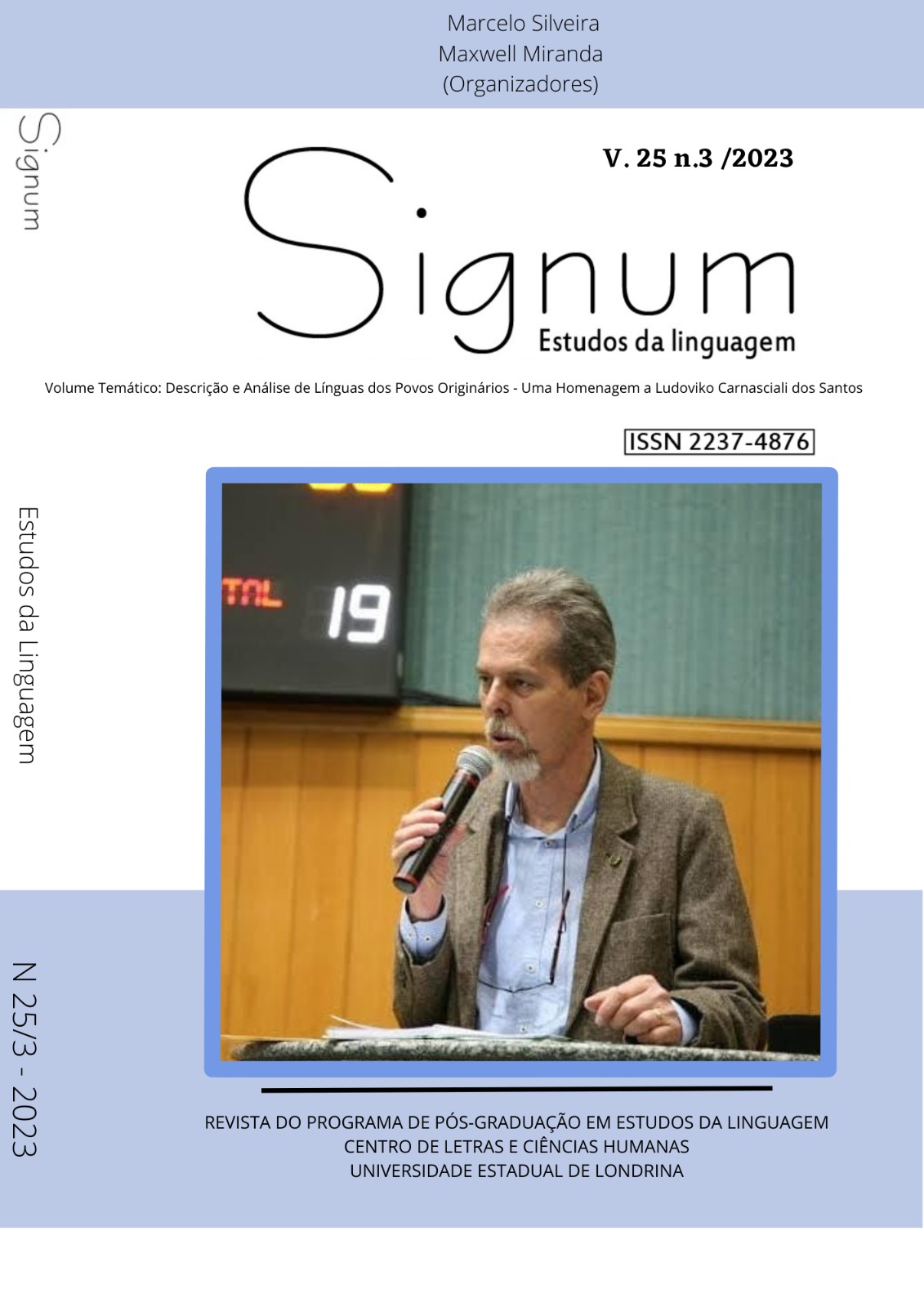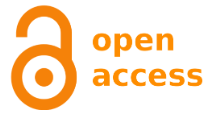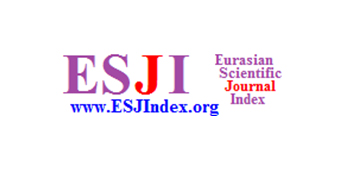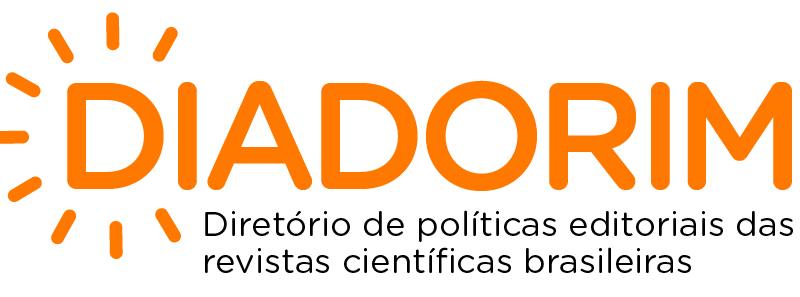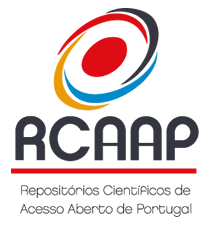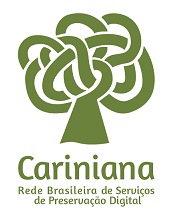Variation of the Word isóg (“I”) in Kaingang Indigenous Land of Paraná
a diatopic Study
DOI:
https://doi.org/10.5433/2237-4876.2022v25n3p49Keywords:
diatopic variation, geolinguistic research, Kaingang languageAbstract
This work analyzes how the first person singular isóg is pronounced, performed in four different ways: isóg, sóg, só, ijóg; the first two variants are considered standard and the last two non-standard variants. The standard variants of the language were defined by the speakers themselves and are considered the conservative variation. This is an experience in geolinguistic research, which focuses on the variation of this term in some Indigenous Lands (IL) located in Paraná. To carry out this work, collaborators from Apucaraninha, Barão de Antonina, Mococa (whose pronunciation was isóg), Queimadas, Ivaí, Faxinal, Marrecas (ijóg) and Rio das Cobras (só), and sóg was not pronounced by any of the collaborators. The analysis was made from transcripts of conversations recorded in audio by the WhatsApp application, methodological adaptation necessary due to the coronavirus pandemic. Based on Geolinguistics budgets, a man and a woman from each indigenous land were chosen for this regional study. The results obtained were that there is a phonological variation in the word isóg (“I”), in the ILs located in the south of Paraná, in relation to the variant considered standard.
Downloads
References
ABBADE, Celina Márcia de Souza. Filologia e o estudo do léxico. In: SIMPÓSIO NACIONAL, 11.;
SIMPÓSIO INTERNACIONAL DE LETRAS E LINGÜÍSTICA, 1., 2006, Uberlândia. Anais […].
Uberlândia: [s. n.], 2006. p. 716-721. Disponível em: http://www.filologia.org.br/ileel/artigos/artigo_244.pdf.
Acesso em: 15 ago. 2020.
AGUILERA, Vanderci de Andrade. A Geolingüística no Brasil: estágio atual. Revista da ABRALIN, v. 5, n. 1 e DOI: https://doi.org/10.5380/rabl.v5i1/2.52646
, p. 215-238, dez. 2006.
CARDOSO, Suzana Alice Marcelino. Geolinguística: tradição e modernidade. São Paulo: Parábola Editorial,
CARDOSO, Suzana Alice Marcelino; MOTA, Jacyra Andrade. Estudos geolinguísticos: caminhos seguidos no
território brasileiro. Lingüística, Montevideo, v. 33, n. 1, p. 89-10, 2017. Disponível em http://www.scielo.edu.
uy/pdf/ling/v33n1/2079-312X-ling-33-01-00089.pdf. Acesso em: 15 ago. 2020.
COSERIU, Eugenio. Teoria da linguagem e linguística geral. 2. ed. Rio de Janeiro: Presença, 1987.
D’ANGELIS, Wilmar da Rocha. Terras indígenas Kaingang. Campinas: Portal Kaingang, 2007. Disponível em:
www.portalkaingang.org/Lgua_Kaingang.pdf. Acesso em: 15 ago. 2020.
LABOV, William. Padrões sociolinguísticos. São Paulo: Parábola, [1972].
NIKULIN, Andrey. Proto-Macro-Jê: um estudo reconstrutivo. 2020. 595 f. Tese (Doutorado em Linguística) -
Universidade de Brasília, Brasília, 2020.
Signum: Estudos da Linguagem, Londrina, v. 25, n. 3, p. 49-65, dez. 2022 61 DOI: https://doi.org/10.5433/2237-4876.2022v25n2p65
RAZKY, Abdelhak; GUEDES, Regis José da Cunha; COSTA, Eliane Oliveira da. A Pesquisa Geolinguística
em Áreas Indígenas Brasileiras: desafios e estratégias. Signum: Estudos da Linguagem, Londrina, v. 21, n. 1,
p. 126-138, 2018. Disponível em: http://www.uel.br/revistas/uel/index.php/signum/article/view/30107.
Acesso em: 15 ago. 2020.
SILVA, Thaís C. Fonética e fonologia do português: roteiros de estudos e guia de exercício. São Paulo: Contexto,
SMITH, Linda Tuhiwai. Descolonizando metodologias: pesquisa e povos indígenas. Tradução de Roberto G.
Barbosa. Curitiba: UFPR, 2018.
TRASK, R. L. Dicionário de linguagem e lingüística. Tradução de Rodolfo Ilari. São Paulo: Contexto, 2004.
VAL FLORIANA, VAL FLORIANA, Frei Mansueto Barcatta de. Dicionário Kainjgang-Portuguez. São Paulo:
Typologia do Diário Official, 1920. Disponível em: https://archive.org/details/revistadomuseupa12muse/
page/n389/mode/2up?view=theater. Acesso em: 15 dez. 2021.
WIESEMANN, Ursula Gojtéj. Kaingang-Português Dicionário Bilingüe. 2. ed. Curitiba: Evangélica Esperança,
Downloads
Published
How to Cite
Issue
Section
License
Copyright (c) 2023 Signum: Estudos da Linguagem

This work is licensed under a Creative Commons Attribution-NonCommercial-NoDerivatives 4.0 International License.
This journal reserves the right to make, in the originals, normative, orthographic and grammatical modifications in order to maintain the standard language and the credibility of the publication. It will respect, however, the authors’ style of writing. Modifications, corrections and suggestions of conceptual order will be forwarded to the authors, if necessary. In these cases, the papers, once appropriate, should be submitted to a new appreciation. The final examinations will not be forwarded to the authors. Works published become property of Signum, being its total or partial reprint subject to an explicit authorization of the journal. In all subsequent quotes the original source of publication should be mentioned, in case, in Photographic Discourse. Opinions emitted by the authors are their exclusive responsibility.